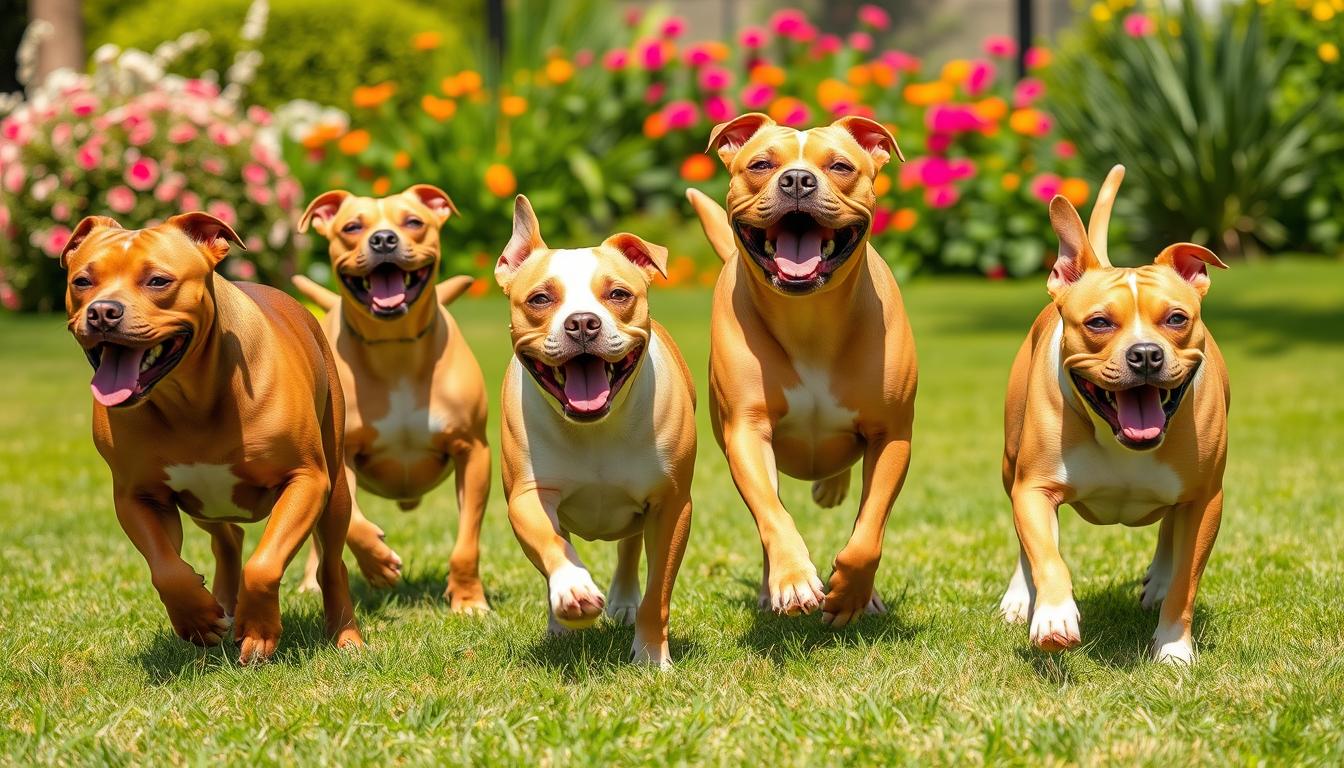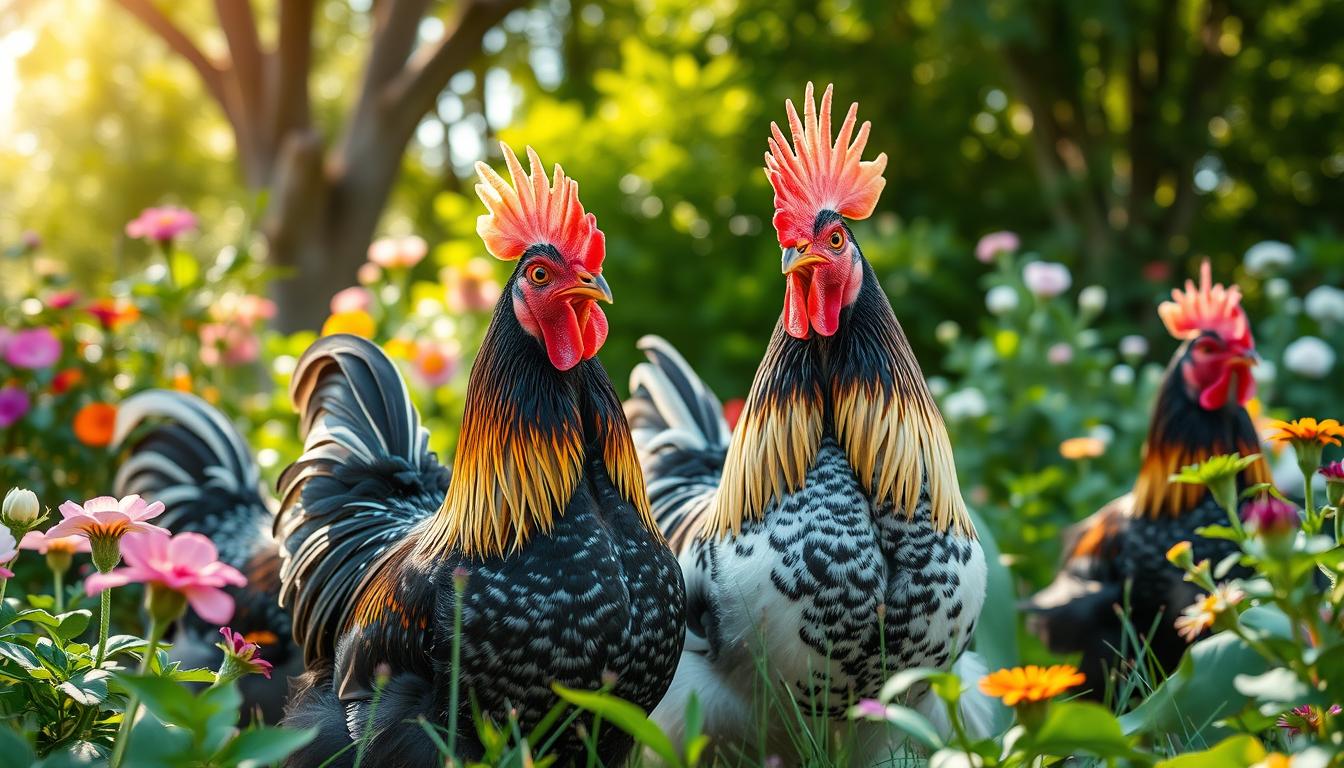The Ultimate Guide to Raising Dachshund Puppies: Tips and Tricks for New Owners

The Ultimate Guide to Raising Dachshund Puppies: Tips and Tricks for New Owners
Introduction
Welcoming a new Dachshund puppy into your home is an exciting and rewarding experience. These charming, playful, and loyal little dogs can bring immense joy to your life. However, raising a Dachshund puppy comes with its own set of challenges and responsibilities. This guide aims to provide new owners with all the essential tips and tricks needed to ensure a happy, healthy, and well-adjusted Dachshund puppy.

Understanding the Dachshund Breed
History and Origin
The Dachshund, also known as the “wiener dog,” has a rich history dating back to 15th-century Germany. Originally bred for hunting badgers, their long bodies and short legs made them perfect for digging into burrows. Today, they are beloved pets known for their distinctive appearance and spirited personality.
Physical CharacteristicsFrequent nail trimming and dental maintenance are equally crucial.
They can be miniature or standard in size. Despite their small stature, they are sturdy dogs with a long back and muscular build.
Temperament and Personality
Dachshunds are known for their lively and bold temperament. They are curious, brave, and sometimes a bit stubborn. Their playful nature makes them great companions, but they also require firm and consistent training.
Preparing Your Home for a Dachshund Puppy
Puppy-Proofing Your Home
Before bringing your new puppy home, it’s essential to puppy-proof your living space. Eliminate any dangerous materials, fasten any unsecured cables, and make sure that tiny objects which could be ingested are kept out of reach. Creating a safe and welcoming environment will help your puppy adjust more easily.
Essential Supplies
Stock up on essential supplies such as a comfortable bed, food and water bowls, high-quality puppy food, toys, a leash and collar, and grooming tools. Having these items ready will make the transition smoother for both you and your puppy.
Choosing the Right Dachshund Puppy
Reputable Breeders vs. Adoption
When choosing a Dachshund puppy, consider whether to buy from a reputable breeder or adopt from a rescue. Reputable breeders should provide health clearances and allow you to meet the puppy’s parents. Adoption can be a wonderful option, giving a needy puppy a loving home.
Signs of a Healthy Puppy
Look for signs of a healthy puppy, such as clear eyes, a shiny coat, and an alert and playful demeanor. Avoid puppies that seem lethargic, have discharge from their eyes or nose, or show signs of illness.
Bringing Your Puppy Home
First Day Tips
The first day with your new puppy is crucial. Keep things calm and quiet, allowing your puppy to explore their new environment at their own pace. Offer abundant affection and comfort to help them feel safe and assured.
Introducing Your Puppy to Its New Environment
Introduce your puppy to their new surroundings gradually. Show them where they will sleep, eat, and go to the bathroom. Consistency is key to helping your puppy feel comfortable and safe.
Feeding Your Dachshund Puppy
Nutritional Needs
Dachshund puppies have specific nutritional needs to support their growth and development. Look for high-quality puppy food that contains a balance of proteins, fats, and carbohydrates. Steer clear of foods that contain synthetic additives or fillers.
Best Types of Food
Consult your vet for recommendations on the best types of food for your Dachshund puppy. Generally, a mix of wet and dry food can provide a balanced diet. Always ensure fresh water is available.
Feeding Schedule
Establish a regular feeding schedule to help regulate your puppy’s digestion and energy levels. Puppies typically need to eat three to four times a day. As they develop, you can slowly cut back on the number of meals.

Training Your Dachshund Puppy
Basic Commands
Start training your Dachshund puppy with basic commands such as “sit,” “stay,” “come,” and “leave it.” Use positive reinforcement techniques, such as treats and praise, to encourage good behavior.
House Training
House training can be challenging but is essential for a harmonious home. Establish a routine, take your puppy outside frequently, and reward them for going to the bathroom in the right place. Be patient and consistent.
Socialization Tips
Socialization is vital for a well-adjusted Dachshund. Expose your puppy to various people, environments, and other animals from a young age. Positive experiences will help them grow into confident and friendly adults.
Exercise and Playtime
Importance of Physical Activity
Despite their small size, Dachshunds are energetic dogs that need regular exercise.Regular walks and play sessions are crucial for maintaining their health and avoiding obesity.
Fun Activities for Dachshunds
Engage your Dachshund in fun activities such as fetch, tug-of-war, and puzzle toys. These activities provide both physical and mental stimulation, keeping your puppy happy and engaged.
Health and Wellness
Common Health Issues
Dachshunds are prone to specific health issues, such as intervertebral disc disease (IVDD) due to their long backs, and obesity. Regular vet check-ups and maintaining a healthy weight are crucial.
Regular Vet Check-Ups
Schedule regular vet visits to monitor your puppy’s health and catch any potential issues early. Your vet can also provide guidance on vaccinations, deworming, and other preventive care.
Vaccinations and Preventive Care
Ensure your Dachshund puppy receives all necessary vaccinations and preventive treatments, such as flea and tick prevention. This will protect them from common diseases and parasites.
Grooming Your Dachshund
Coat Care
Depending on the type of coat your Dachshund has, grooming needs may vary. Smooth-coated Dachshunds require minimal grooming, while long-haired and wire-haired varieties need regular brushing to prevent mats and tangles.
Nail Trimming
Consistent nail trimming is important to avoid excessive growth and ensure comfort.
Dental Hygiene
Oral health is often overlooked but is crucial for your puppy’s overall well-being. Brush your Dachshund’s teeth regularly and provide dental chews to help keep their teeth clean.
Dealing with Behavioral Issues
Separation Anxiety
Dachshunds can develop separation anxiety if left alone for long periods. Gradually acclimate your puppy to being alone and provide them with toys and comfort items to ease their anxiety.
Barking and Chewing
Excessive barking and chewing are common issues in Dachshunds. Provide plenty of mental and physical stimulation, and use training techniques to curb these behaviors. Redirect chewing to appropriate toys and discourage unwanted barking.
Traveling with Your Dachshund Puppy
Car Travel Tips
Ensure your puppy’s safety during car travel by using a secure crate or a pet seatbelt. Take frequent breaks to allow them to stretch and relieve themselves.
Airline Travel Tips
If you need to travel by air with your Dachshund, check the airline’s pet policy in advance. Use an airline-approved carrier and make sure your puppy is comfortable and secure during the flight.
Socializing Your Dachshund
Meeting Other Pets
Introduce your Dachshund puppy to other pets gradually and under supervision. Positive interactions with other animals will help them develop good social skills.
Interacting with People
Expose your puppy to various people, including children and strangers. Socializing with different individuals will help your Dachshund become a well-mannered and friendly dog.
Dachshund Safety Tips
Avoiding Hazards
Keep your Dachshund safe by avoiding hazards such as toxic plants, small objects that can be swallowed, and high places where they could fall. Dachshunds are curious and can get into trouble if not supervised.
Safe Toys and Activities
Choose safe and durable toys for your Dachshund to prevent choking or ingestion of small parts. Engage in activities that are safe for their size and build.
Conclusion
Raising a Dachshund puppy can be a delightful and fulfilling experience. By understanding their unique needs and providing the right care, training, and socialization, you can ensure your Dachshund grows into a happy and healthy adult. Enjoy every moment with your new furry friend and cherish the bond you build together.
FAQs
How often should I feed my Dachshund puppy?
Dachshund puppies typically need to be fed three to four times a day. As they mature, you can progressively decrease the frequency of their meals.
What is the best way to train a Dachshund puppy?
Employ positive reinforcement methods like offering treats and verbal praise.
Start with basic commands and be consistent and patient.
How much exercise does a Dachshund puppy need?
Dachshunds need regular exercise, including daily walks and playtime. This helps keep them healthy and prevents obesity.
What are the common health problems in Dachshunds?
Dachshunds are prone to intervertebral disc disease (IVDD) and obesity. Regular vet check-ups and maintaining a healthy weight are essential.
How do I groom my Dachshund puppy?
Grooming needs vary based on coat type. Smooth-coated Dachshunds require minimal grooming, while long-haired and wire-haired varieties need regular brushing.Frequent nail trimming and dental maintenance are equally crucial.



